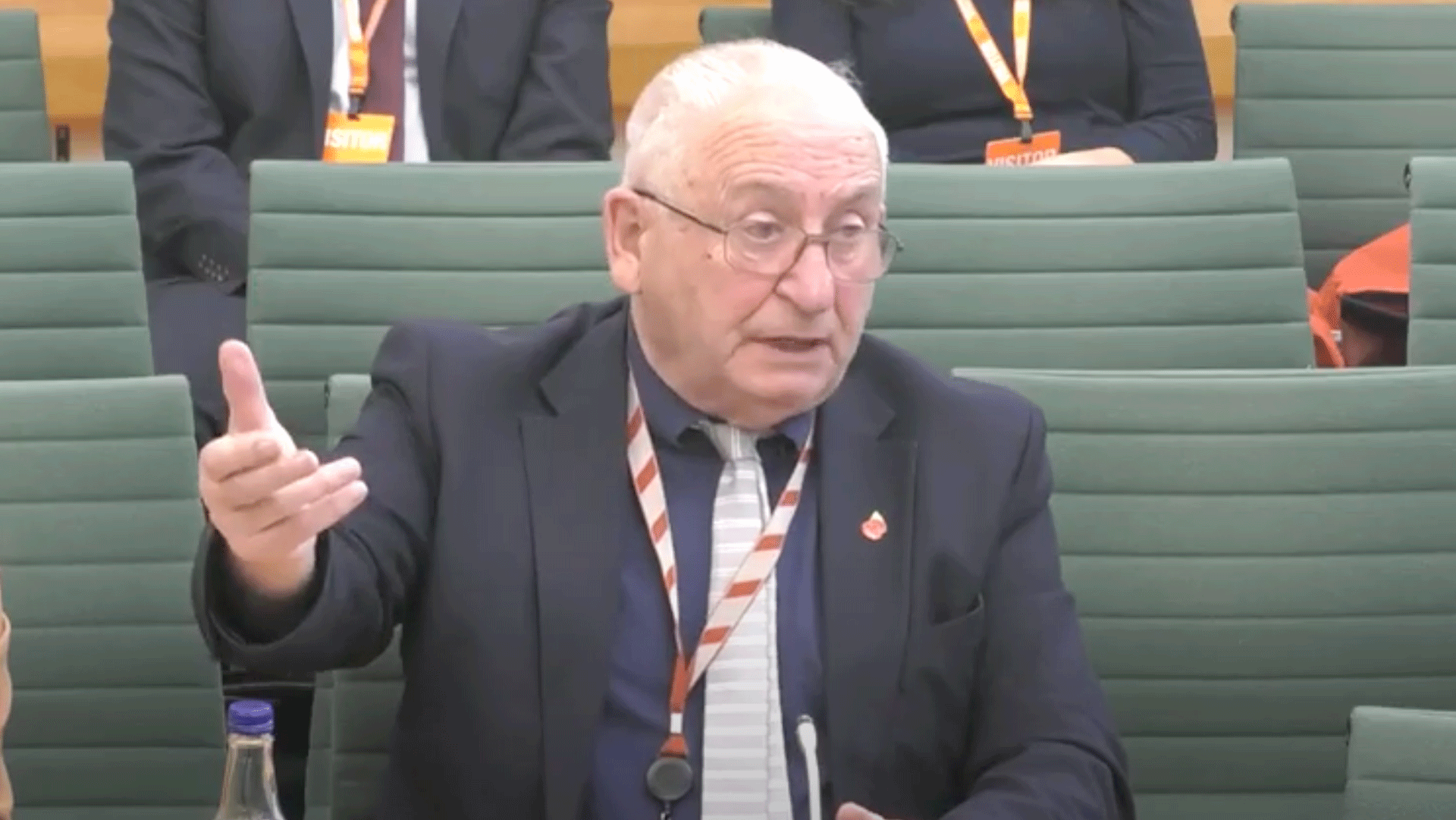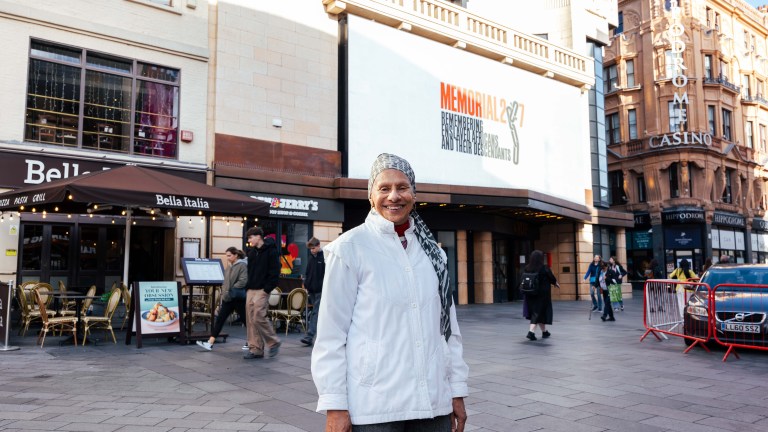That prevention and cure were not getting a look in. That most MPs, peers and governments and government departments charged with dealing with poverty were stuck on dealing with the emergency.
It was very rude of me to leave before the end of the meeting and I apologised to the committee chair later. It was pure and unadulterated frustration that drove me to get up and go and describe the evidence-giving as a farce. To not see any new thinking around ending the inheritance of poverty – the background for most homelessness and rough sleeping – led me to protest and leave early.
But when 80% of all poverty money goes on emergency, and little on prevention and cure, then we are always going to see poverty-related homelessness figure on our streets and in our council offices. Always see the breaking of people’s lives, those who are nearly always the lowest paid, who cannot survive the inflation and rent hikes that drive them into eviction and temporary local authority accommodation.
Because government policy scatters and does not centralise poverty policy and programmes, you get a scattergun effect. There’s no one really in charge of turning the tap off. No one looking into the details of why people go from inherited poverty to lives of poverty and families in poverty. How they follow a well-trodden path that their parents, who inherited poverty, also trod.
I am convinced that if we could have a central body within government that dealt with poverty, that brought all efforts together, then we could begin to challenge ‘the inheritance of poverty’.
That we have to do all we can to deal with the emergency of homelessness and rough sleeping, but we have also to start reducing the number of people falling into it. Yet the billion upon billion spent on people in poverty only maintains them in poverty; brings them relief, not exit, or an earlier prevention. And most members of parliament and their governments have only dealt with trying to give the poor a bit more; not with ending their poverty.
All the energy goes into trying to make the poor a bit more comfortable whilst they remain in poverty. Yet with 11 million economically inactive people in the UK, we are not addressing how to turn the tap off and build a high wage economy.
How we end the inheritance of poverty, meaning that poverty is the single biggest government spend, will take thoughtfulness and science; it will take clever thinking. As of yet we only see smatterings of it. Unless we accept that we are spending money on the effect and not on finding ways of preventing then we will have a more troubled society.
Fifty per cent of people who suffer from cardiac-related illnesses, according to the British Medical Association, suffer from food poverty. Food poverty causes the biggest hit on the NHS, on our schools and on many governmental budgets.
I was rude in leaving the select committee. But when are we going to see the government converge their energies, and the public’s money, towards ending the creation of poverty from one generation to the next?
When are we going to wake up to the incredible cost of poverty, the incredible waste of human resources?
Resources have to be shifted to those early days, to those who inherit poverty through the luck of the draw. Unfortunately it is largely those that have inherited stability and comfort who are making the decisions for the luckless. It is those that have won the lottery of birth that decide how we spend our money, on providing another band-aid to put over the sore of poverty, rather than end its domination over so many lives.
John Bird is the founder and editor-in-chief of the Big Issue. Read more of his words here.
Do you have a story to tell or opinions to share about this? Get in touch and tell us more. This Christmas, you can make a lasting change on a vendor’s life. Buy a magazine from your local vendor in the street every week. If you can’t reach them, buy a Vendor Support Kit.










